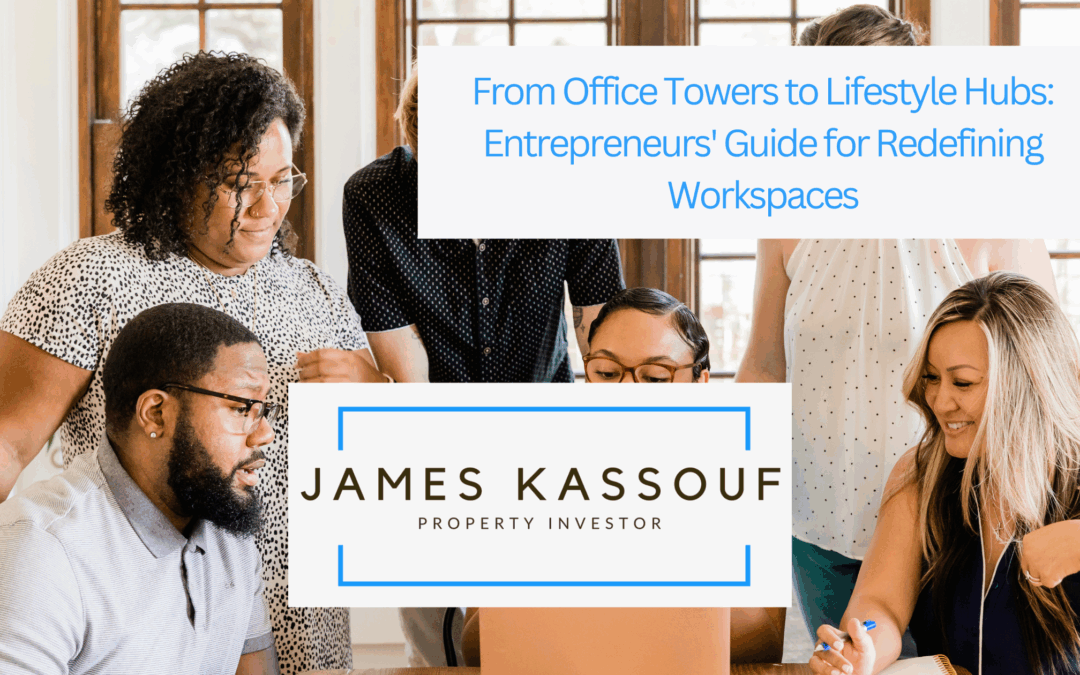The modern workplace is no longer confined to cubicles and corner offices. As traditional office towers evolve into lifestyle hubs, entrepreneurs have a unique opportunity to reimagine how we work, collaborate, and live. This shift reflects more than just changing real estate trends—it signals a new era where workspaces must deliver community, convenience, and culture.
The Rise of Lifestyle Hubs
For decades, office towers served a single purpose: business. But today’s professionals want more than desk space. They seek environments that support both productivity and well-being. Mixed-use buildings, where office, retail, dining, fitness, and entertainment intersect, are meeting this demand. The result is lifestyle hubs—vibrant ecosystems where work seamlessly blends with life.
Opportunities for Entrepreneurs
Entrepreneurs have a key role to play in shaping these new spaces. Co-working operators can design flexible, wellness-focused environments that go beyond providing Wi-Fi and coffee. Imagine workspaces with meditation pods, fitness studios, or childcare services on-site—helping professionals balance their careers with personal needs.
Food and beverage startups can also thrive in lifestyle hubs. Quick, healthy dining options, cozy cafes, and delivery-first kitchens appeal to the time-pressed workforce. Similarly, entrepreneurs in wellness, retail, and tech-enabled services can innovate by offering experiences that make the office feel less like a duty and more like a destination.
Technology as the Backbone
Smart building technologies are critical in redefining workspaces. Startups that deliver seamless solutions—like digital access systems, integrated tenant apps, and energy-efficient designs—can transform the way office hubs operate. By streamlining communication between property managers, tenants, and services, technology fosters both efficiency and community engagement.
Building a Community, Not Just a Workplace
Perhaps the most powerful opportunity lies in creating spaces that inspire connection. Entrepreneurs can organize workshops, networking events, or cultural activities within these hubs, turning them into thriving communities. Employees who feel part of a larger culture are more engaged and loyal, giving companies an edge in talent retention.
Conclusion
The transformation from office towers to lifestyle hubs is more than a real estate trend—it’s a cultural shift. For entrepreneurs, this evolution opens doors to innovate across wellness, technology, food, and community-building. By rethinking workspaces as dynamic lifestyle ecosystems, they can not only redefine where people work but also shape how they thrive in the future of work.

